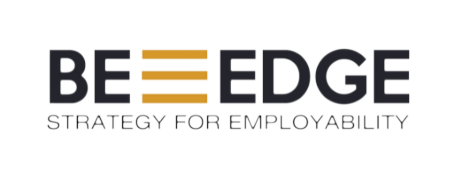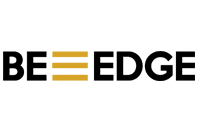
Career Choice: The Importance of Knowing What You DON’T Like
By Juan Dib
April 2021.
As my college career comes to an end after five years, I reflect on how learning what you don’t like guides you to know your real passions and what you like. After living in 4 different cities, working in 4 different industries, and having mixed experiences, I can finally say that I know what I want to do in my professional career.
A recent study revealed that 44% of undergraduates are unable to define the industry that they would like to work in once they graduate. That’s why I wanted to share my story and suggest some actions that can help to find real passions.
My Story
Unlike most people, I knew what I wanted to study since very young. My father has been an entrepreneur long before I was born, which made me grow in that environment, and I loved it. During holidays and free days in elementary school, I loved going with my dad to his day-to-day work activities: Going to the offices, visiting clients, meeting suppliers, going to the warehouse, etc. and although I wasn’t very helpful because of my age and lack of skills, I loved the environment and what he did. Since then, I’ve been very passionate about business in general, and I knew that I wanted to dedicate my professional life to doing business.
However, business is a very dense space with many areas that are very different from each other. Within the areas, there are many ‘subcategories’ that increase the options. For example: within finance, you can find banking, investments, corporate finance, real estate, etc., and within the subcategories mentioned, there is another set of subcategories such as investment banking, private banking, wealth management, private equity, venture capital, etc. The same thing happens with marketing, supply chain, management, and the different areas of business. With these many options, I had no idea which one I liked better. After figuring out what I didn’t like, I found my real passions by following my personal strategy: Taking advantage of opportunities and trying out different things.
Although it sounds simple, it takes courage and willingness to take risks to find out what you don’t like. I know many people are going through a similar stage of confusion, so I thought it would be helpful to suggest the following steps that helped me learn what I really liked.
Step 1: Understand that it’s okay not to have a clear path.
It’s actually very common not to know exactly what you like. The average 25yrs old human knows very little about its true inner calling. Thus, there is no reason to be frustrated. You just need to have patience and follow the next steps.
Step 2: Take advantage of the opportunities that life puts in front of you.
During my freshman year, I had a tough time looking for internships. I applied to hundreds, literally, and heard nothing back from almost all of them. One day I received a call from one of the biggest pharmacy chains of Colombia asking if I was interested in a rotational business internship in their Bogota HQs. Even though I didn’t know anyone there and I had never been to Colombia before, I accepted the offer and was able to get exposure to different areas of business.
A few years later, I did something similar. I received an email from my university offering a semester in Silicon Valley where I would have the chance to have classes with past founders and CEOs as professors and work at an entrepreneurial venture. I had never been to the Bay Area before and didn’t know anyone as well, but I ended up going, and it has been one of the best experiences I’ve had in my life. I learned a lot about the startup world, innovation, raising capital, and met some of the most brilliant people I’ve ever met.
Step 3. Try different things.
After the semester in Silicon Valley, I realized that I liked the startup space. I’d love how I could be of great help and make significant impacts on a company without having +10 years of experience. I also liked having the chance of scaling exponentially if the company succeeded and the idea of wearing many hats getting exposure to different things. Anyways, I did my first co-op at a tech Y Combinator startup in New York and loved the experience. However, I wanted to make sure if that was the career path I wanted to follow, so I decided to do my last Co-op at one of the world’s biggest and most recognized companies to try something different. Even though I learned a lot and had a great experience, I realized that big corporation was something I didn’t want and that I liked way more smaller environments where responsibilities are higher. More impact can be made at a young age.
If it weren’t because of taking advantage of opportunities and trying many different things, I’d still be confused, not knowing what I like and what I don’t. It’s because I value an opportunity to become a multidimensional professional that can craft one’s edge — the idea I learned from my strategy professor Julia Ivy.
“Now, by knowing what I want and what I don’t like, I’m more convinced than ever before of my interests, and I’m very excited and inspired to graduate and work in an environment I’m passionate about.”
– Juan Diego Dib, BE-EDGE Case Consultant
About the author

Juan Dib is Finance and Entrepreneurship Major with Economics Minor recent graduate from Northeastern University Looking for opportunities within the eCommerce startup space.


